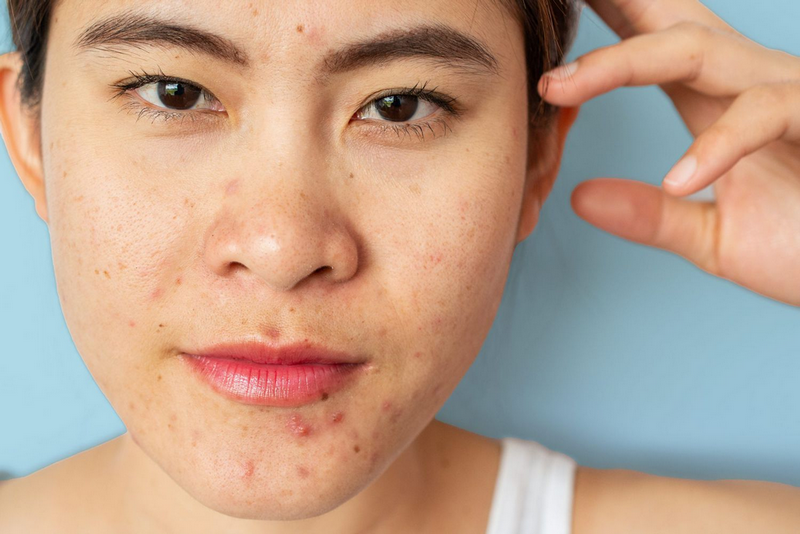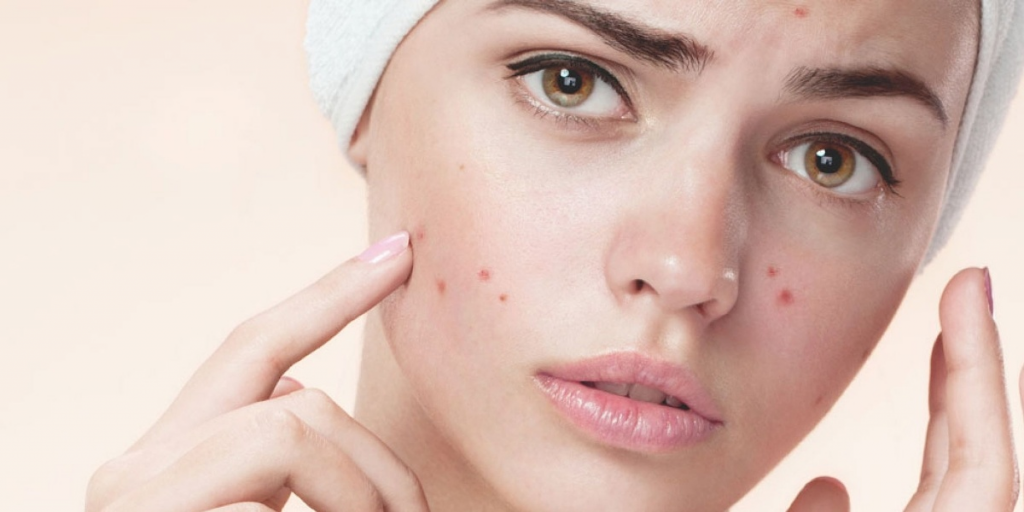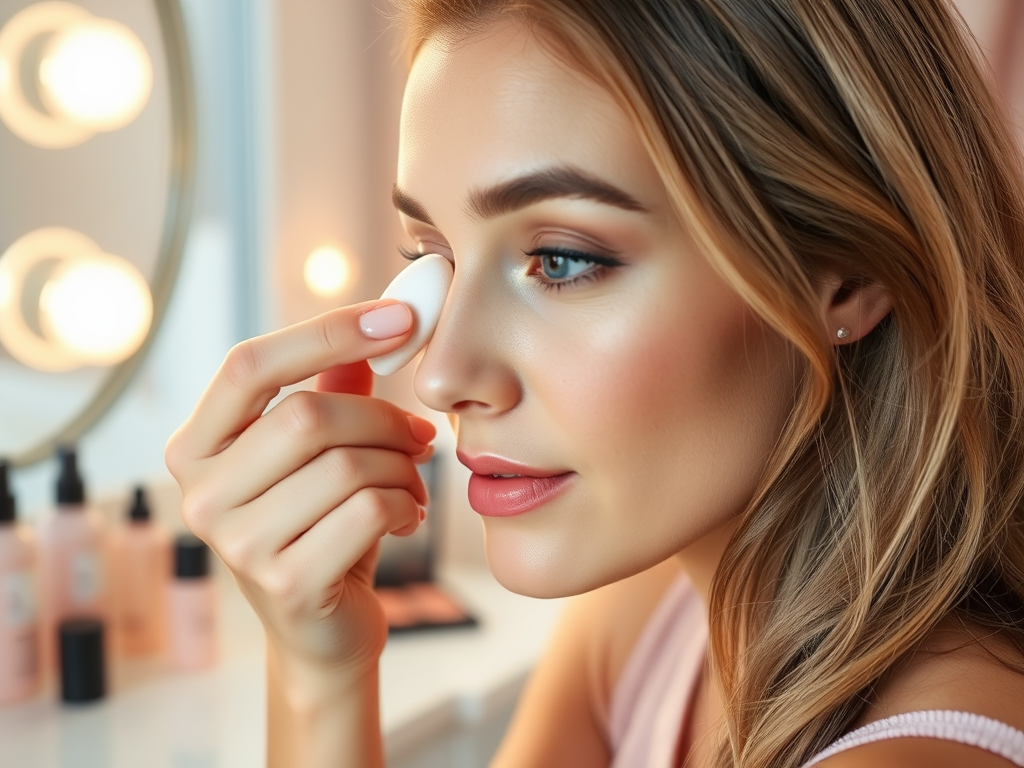For years, the suggestion has tantalized sweet-tooths worldwide: could the indulgence of chocolate really be to blame for acne breakouts? While the idea that gorging on candy bars worsens acne is widespread, current research reveals a more nuanced relationship. This article will unwrap the layers of fact and fiction surrounding the age-old question: does eating chocolate cause acne? We’ll dive into the scientific studies, explore different types of chocolate such as the darkest chocolate, and consider the various factors contributing to skin health.
The Complexion of Chocolate Consumption
Chocolate comes in many forms, each with its own ingredients that may affect skin health—but is there a direct link to acne? Let’s look at the constituents of various chocolates, from rich dark to sweet white chocolates. While pure dark chocolate contains higher amounts of cocoa, milk chocolate often contains higher fat, milks, and sugar levels, which could potentially influence acne development. White chocolate, though often lumped with its darker counterparts, actually contains no cocoa solids and is rich in sugars and fat.
To better understand how these ingredients could contribute to acne, we must consider their impact on hormone levels and sebum production, which studies have shown to be critical in triggering breakouts. Whether it’s the sweetness of milk chocolates or the bitterness of the darkest bars, the key to understanding chocolate’s effect lies in its composition.

Scientific Investigations into Chocolate and Skin Health
Over the years, various studies have examined whether eating too much chocolate really causes pimples. One study divided participants into two groups, one consuming candy bars with an increased amount of chocolate, and the other group given products without chocolate. Surprisingly, researchers found no significant difference in acne development between the groups. However, other factors such as stress levels and diets high in other sweets were not taken into account, leaving room for further research.
Another study suggests that chocolate consumption increases insulin levels, which in turn increases production of sebum and skin cell turnover. This could lead to more clogged pores and acne lesions. Yet, not all research aligns perfectly, and the question of whether chocolate directly causes acne remains controversial.
Chocolate’s Antioxidant Properties and Skin Benefits
It’s not all bad news for chocolate lovers. The purest forms of chocolate, particularly the darkest chocolate with the highest cocoa content, contains antioxidants that could help reduce inflammation—a known factor in acne development. Polyphenols and flavonoids, found in high amounts in dark chocolate, have been linked to clearer skin in some individuals. Research shows that, while chocolate might aggravate acne for some, it could actually help prevent breakouts in others by preventing oxidative stress.
Dietary Patterns, Lifestyle Choices, and Acne
Looking at chocolate in isolation might not provide a full picture of its impact on acne. Skin health is influenced by a variety of factors such as overall diet, hormonal imbalances, and lifestyle habits. Diets high in glycemic index foods, dairy consumption, and high sugar intake have been associated with increased acne symptoms. Similarly, stress hormones can trigger inflammation and exacerbate existing acne, making it difficult to pinpoint chocolate as the sole culprit.

Personalized Skin Care: Is Chocolate Your Acne Culprit?
Individual responses to chocolate consumption may vary based on genetic predisposition and skin type. While one person eats chocolate and sees no effect on their acne, another might experience worsening existing conditions. It’s essential to monitor your skin’s reaction to chocolate and consider any other ingredients such as nuts and dairy products that are often present in chocolate bars and could potentially trigger breakouts.
Making Sense of Myths and Facts
The belief that chocolate always causes acne is a misconception. Although certain types of chocolate can exacerbate skin conditions, not all chocolate will make you get pimples. It is also a myth that only the sweetest treat options are problematic—dark chocolate with less sugar might actually contribute to healthier skin. Understanding the scientific evidence helps in separating myths from what could be an actual contributing factor to acne.
Practical Advice and Alternatives for Chocolate Lovers
If you’re concerned about chocolate consumption and its effects on your complexion, moderation is key. Opting for dark chocolate with the highest cocoa content and lower sugar levels is a good way to enjoy the benefits without increasing the risk of acne breakouts. Also, considering alternative treats that satisfy your cravings without exacerbating acne can be a part of a balanced approach to maintaining healthy skin.

Conclusion
In conclusion, while chocolate consumption can trigger acne breakouts in certain individuals, it is not a universal trigger and should not be solely blamed for acne. The relationship between chocolate and skin health is complex and individual. A healthy diet, lifestyle choices, and an understanding of personal skin triggers are vital in achieving straightforward skin. Ultimately, knowing your body and how it reacts to different foods, including chocolate, will help guide your choices toward clearer, healthier skin.
FAQs
- Can dark chocolate cause as much acne as milk chocolate? Dark chocolate typically contains higher levels of cocoa and antioxidants, and less sugar and dairy compared to milk chocolate, which could mean it’s less likely to contribute to acne. However, it depends on individual skin types and reactions.
- How much chocolate would I need to eat for it to affect my skin? There’s no universal threshold for chocolate’s impact on acne, as it could vary greatly between individuals. Moderation is important, and it’s best to observe your skin’s response to chocolate consumption.
- Are chocolate-flavored products as likely to cause acne as actual chocolate? Chocolate-flavored products often contain added sugars and fats, which could trigger acne in some people. It’s the other ingredients, such as dairy and sugar, not the chocolate flavor itself, that are more likely causing acne.
- Is there any chocolate that I can eat which won’t affect my acne? Opting for dark chocolate with high cocoa content and less sugar may help those with acne-prone skin. It’s best to choose chocolates with minimal added ingredients and avoid those with high sugar and dairy content.
- Should I eliminate chocolate entirely if I’m prone to acne flare-ups? Not necessarily. It’s about finding the right balance and understanding how your skin reacts. You may not need to eliminate chocolate entirely, but instead choose higher-quality, dark chocolate and enjoy it in moderation.



